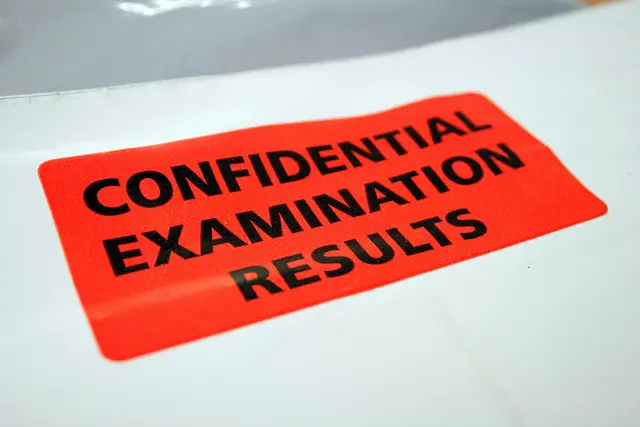Schools play an important role in the support of children and young people experiencing mental health issues.
Reports over funding issues for education and mental health have been prevalent for some time. In May around 800 young people were referred to the Island’s Child and Adolescent Mental Health Service (CAMHS) in the previous year.
Last month NSPCC research suggested 3,535 Isle of Wight children, who have been abused or neglected could be side-lined by mental health services as a result of changes being introduced by the NHS.
Academic pressure affects mental health
This week a Young Minds survey shows that academic pressure is a significant factor affecting the mental health of young people.
Peter Shreeve, Deputy District Secretary of the National Education Union said:
“As this survey shows, teachers play an important role in the support of children and young people experiencing mental health issues. They are however being hindered by a combination of real-terms funding cuts, a reduction in teaching and learning support assistants and the increasingly strained access to external support services, including mental health specialists. The narrowing of the curriculum, and exam factory assessment from SATs to GCSEs are clearly having an impact on children and young people’s mental health.
“A series of NEU surveys have shown a clear increase in the number of pupils experiencing mental health issues. Just last month, 73% of teachers told us they believe student mental health has worsened since the introduction of reformed GCSEs. This is borne out by the Young Minds survey, which shows that school pressure was the top reason these young people turned for help with their mental health, bigger than concerns over body image, bullying or social media.”
“As schools reopen their doors this week, it is quite clear that Government policies on education and the underfunding of public services is contributing to this destructive and distressing situation for young people and their families.
“Schools have become more than just about education. Often providing food and school uniform clothes banks, in order to help children be ready to learn.
“On the 30th August the Prime Minister pledged an extra £700 million for Special Educational Needs and Disability (SEND) and a minimum funding of £4,000 per primary pupil, but starting in 2021. A little late for 2019 – we know some schools are planning more staff cuts in the coming academic year.
“We know too many schools’ budgets are in deficit – 12 out of 42 (29%) Island maintained schools – the same number as last year. The overall number of schools in deficit for the Isle of Wight is above average at 27.9% compared to 10.2% nationally.
“This means too many schools will have to pay off their deficit rather than finance the education of those in schools today. The Government has an opportunity at next week’s spending review to address the shortfall of funding our vital public services desperately need now and not in 2021.”
Article shared by Peter Shreeve, Deputy Isle of Wight District Secretary – National Education Union. Ed
Image: comedynose under CC BY 2.0





